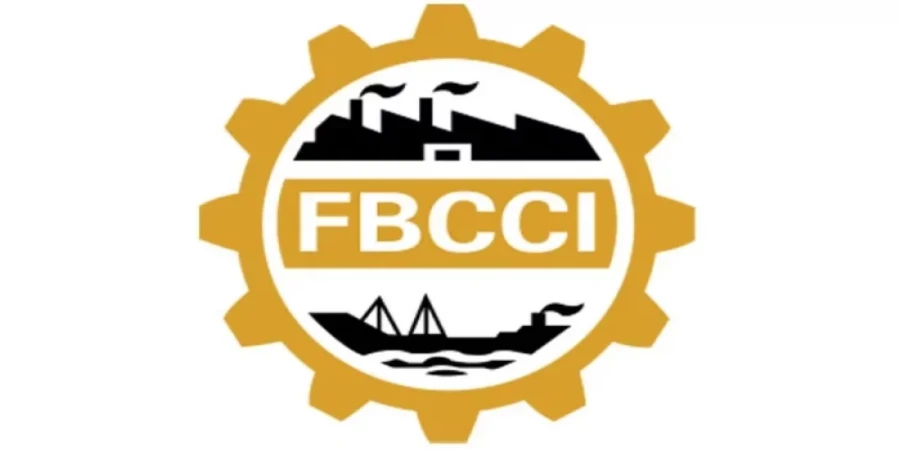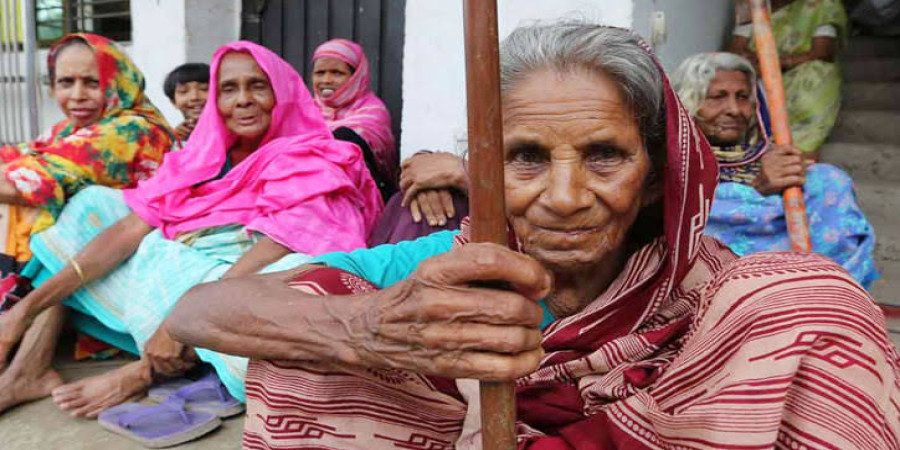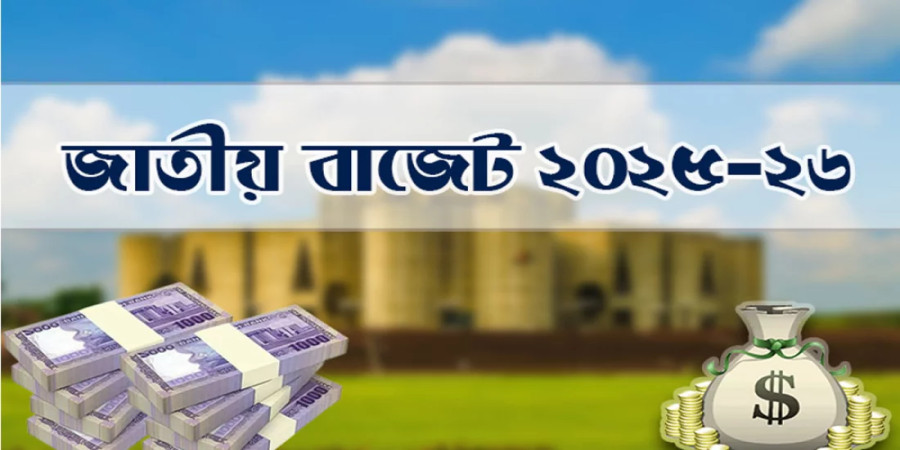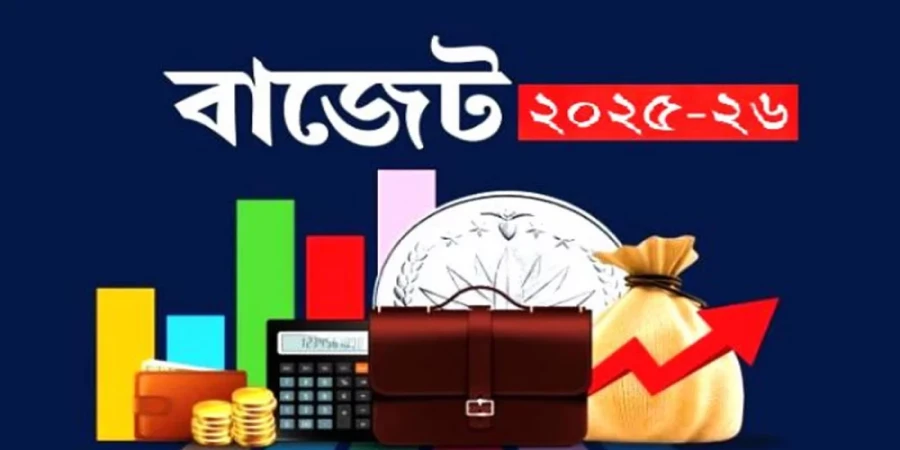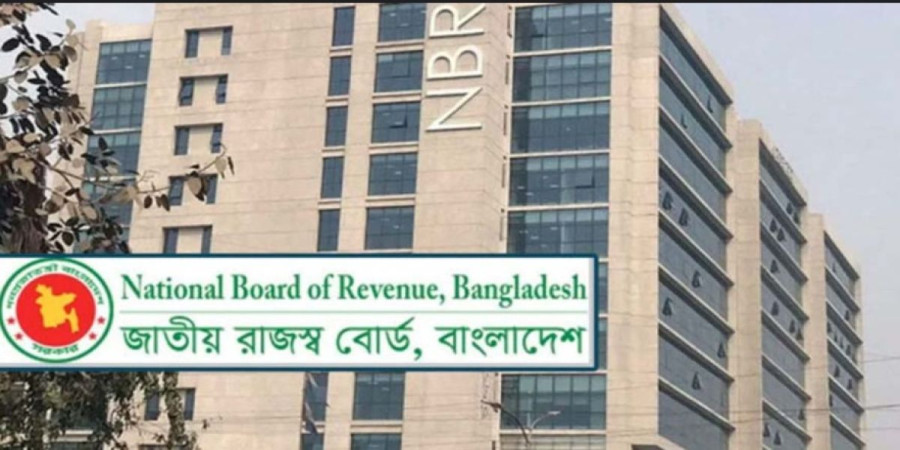
ছবি: Photo: Collected
In the first half of the current 2024-25 fiscal year, spanning July to December, the government’s revenue collection fell significantly short of its target. Against a projected revenue target of Tk 2,14,000 crore for this period, actual revenue collection stood at Tk 1,56,276 crore, leaving a deficit of Tk 57,724 crore. This represents a shortfall of 27% compared to the target. Data from the National Board of Revenue (NBR) also shows that revenue collection during this period was lower than in the corresponding period of the previous fiscal year.
According to the NBR, revenue collection in the first six months of the 2023-24 fiscal year amounted to Tk 1,65,630 crore, which is Tk 9,354 crore more than in the current fiscal year. This reflects a year-on-year decline of 5.65% in revenue collection. Revenue officials attribute this decline to disruptions in trade and commerce caused by student and public protests, as well as political instability in July and August.
Mohammad Abdul Mazid, a former NBR chairman and a member of the Interim Government’s Revenue Reform Advisory Committee, stated that the political unrest during the first two months of the fiscal year hindered business activities, adversely affecting the collection of import duties, VAT, and income tax. He further noted that the growing revenue shortfall underscores the challenges in meeting this fiscal year’s revenue target.
Economists believe that, given the current trends, the NBR is unlikely to achieve its revenue target for the 2024-25 fiscal year, which is set at Tk 4,80,000 crore. In the first six months, only 32.5% of this target was achieved. NBR data reveals that none of the three primary revenue sectors—import duties, VAT, and income tax—met their respective targets for the July-December period. The income tax sector saw the largest shortfall, with Tk 52,162 crore collected against a target of Tk 76,067 crore. Similarly, import duty collections amounted to Tk 49,080 crore, falling short of the Tk 61,952 crore target. VAT collections during this period totaled Tk 55,177 crore, compared to a target of Tk 66,317 crore.
Economists have recommended that the interim government urgently revise its revenue collection targets to make them more realistic. A research director at the Policy Research Institute (PRI) stated that the existing revenue target for this fiscal year is impractical and unlikely to be achieved. He attributed the shortfall to political unrest during July and August, double-digit inflation, a slowdown in imports, and tax exemptions on essential goods. He emphasized the need for the government to reassess its revenue and budgetary targets for the 2024-25 fiscal year.
Meanwhile, preparations for the 2025-26 fiscal year budget are already underway. The interim government has requested information from various ministries, departments, and agencies to draft the budget, which is preliminarily set at Tk 8,48,000 crore. Even if adjusted, the upcoming budget is unlikely to fall below Tk 8,00,000 crore, according to the Ministry of Finance. Two-thirds of this budget is expected to be financed through domestic revenue collection. The Internal Resources Division (IRD) has initially set a revenue collection target of Tk 5,64,000 crore for the 2025-26 fiscal year, an increase of approximately Tk 84,000 crore from the current fiscal year. Additionally, revenue projections for the next two fiscal years have been outlined, targeting Tk 6,49,000 crore for 2026-27 and Tk 7,46,000 crore for 2027-28, marking a 52.24% increase over three years.
These projections were discussed in a recent meeting of the Budget Management Committee (BMC), chaired by the Secretary of the Internal Resources Division and NBR Chairman Md. Abdur Rahman Khan. Budget analysts have suggested that the government should avoid making the upcoming budget overly large and should aim to minimize deficits to control inflationary pressures. They also stressed the importance of aligning fiscal policies with the ongoing contractionary monetary policy to maintain macroeconomic stability.
Private research organizations, including the Center for Policy Dialogue (CPD), have also provided insights into the challenges of balancing revenue collection with fiscal expenditure. Dr. Khondaker Golam Moazzem, research director at CPD, emphasized the need for revenue collection strategies that do not impose additional burdens on the general population. He suggested prioritizing debt repayment and implementing a practical budget that balances revenue collection with controlled expenditures.
Dr. Moazzem added that the government’s revenue collection efforts should focus on sustainable sources without disproportionately impacting citizens. He also noted that most of the budget would likely be allocated toward domestic and foreign debt repayments. Therefore, it is crucial to align revenue collection goals with practical spending priorities to ensure economic stability and avoid undue financial pressure on ordinary citizens.
repoter



